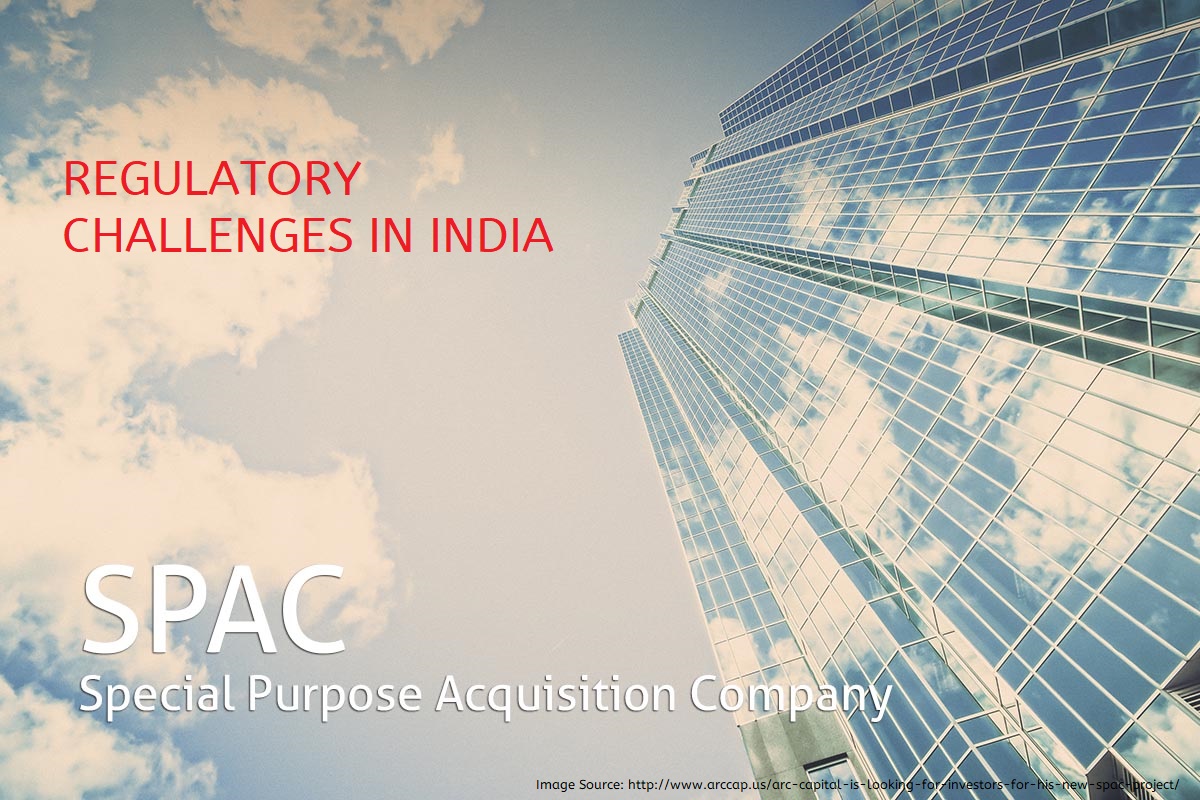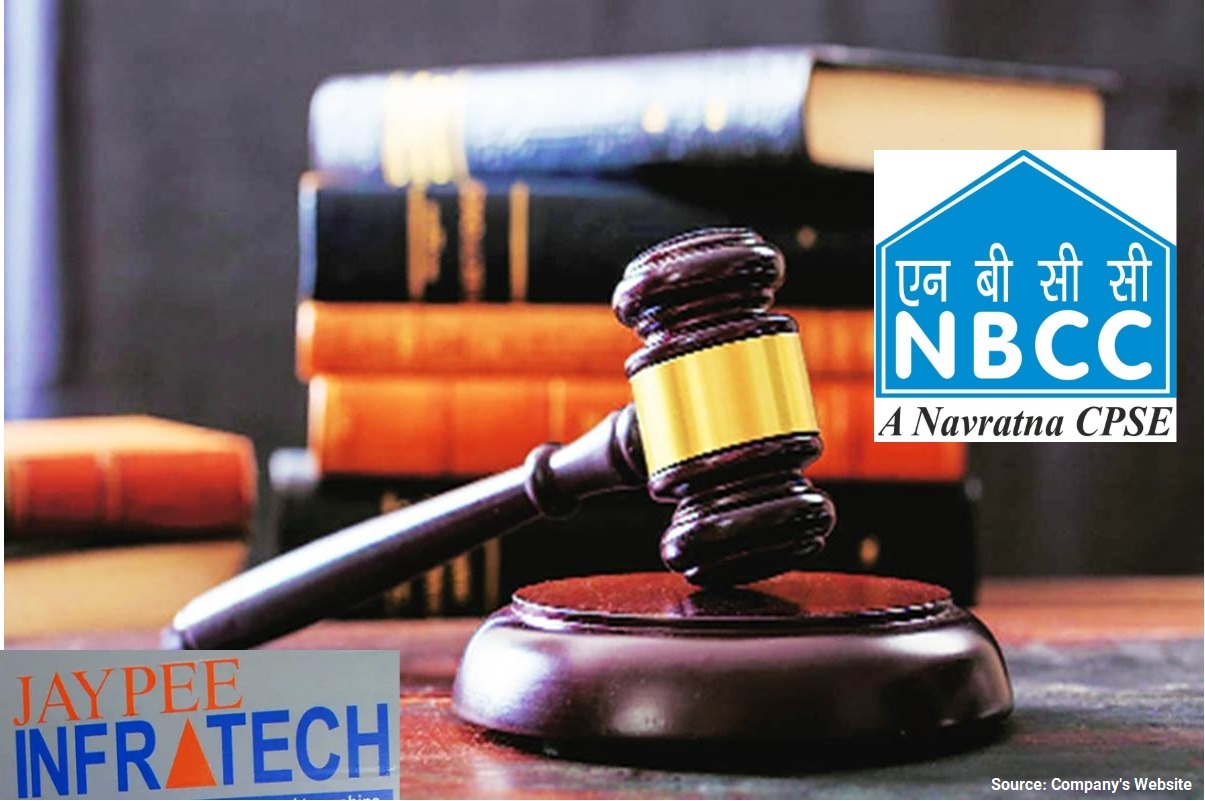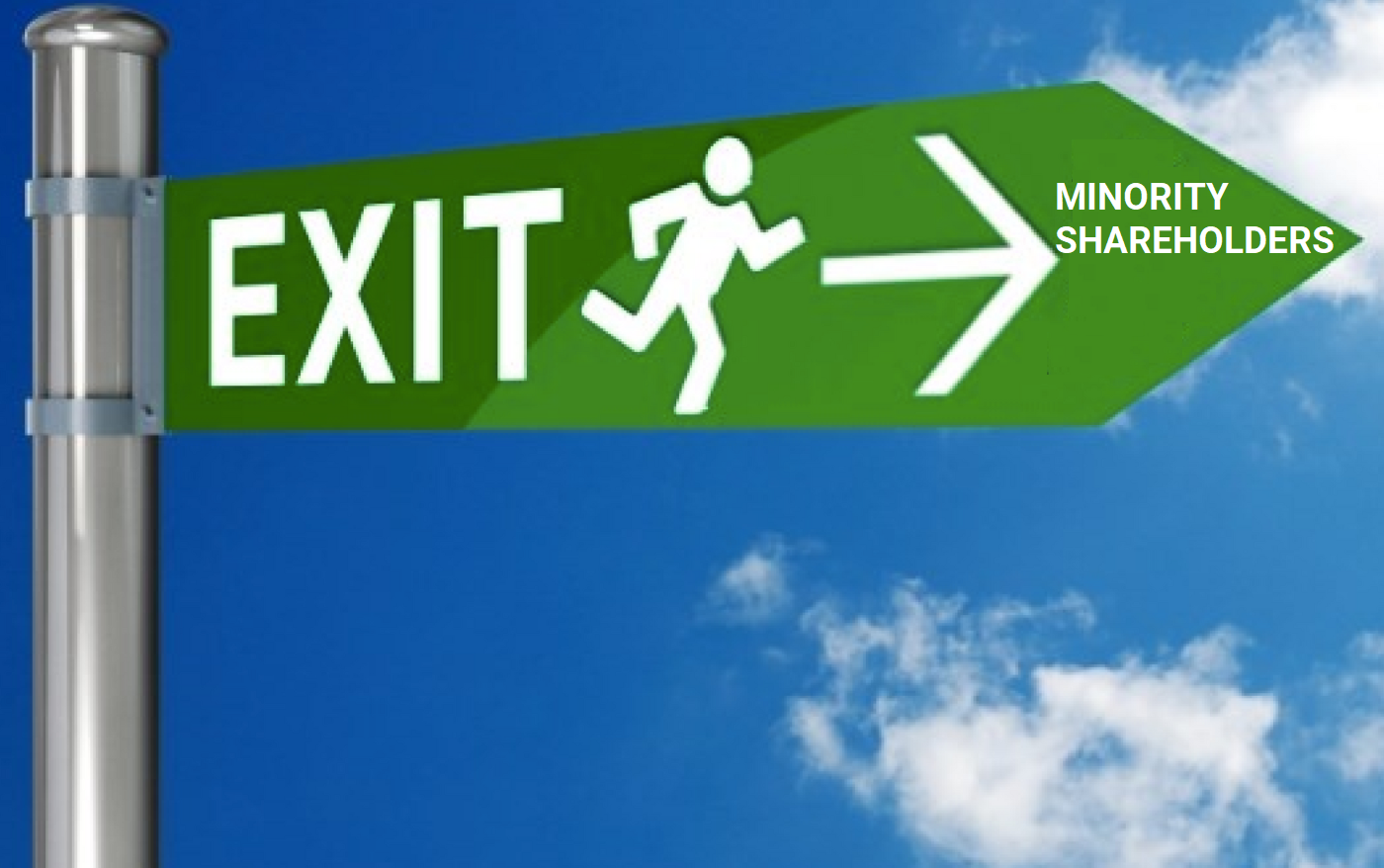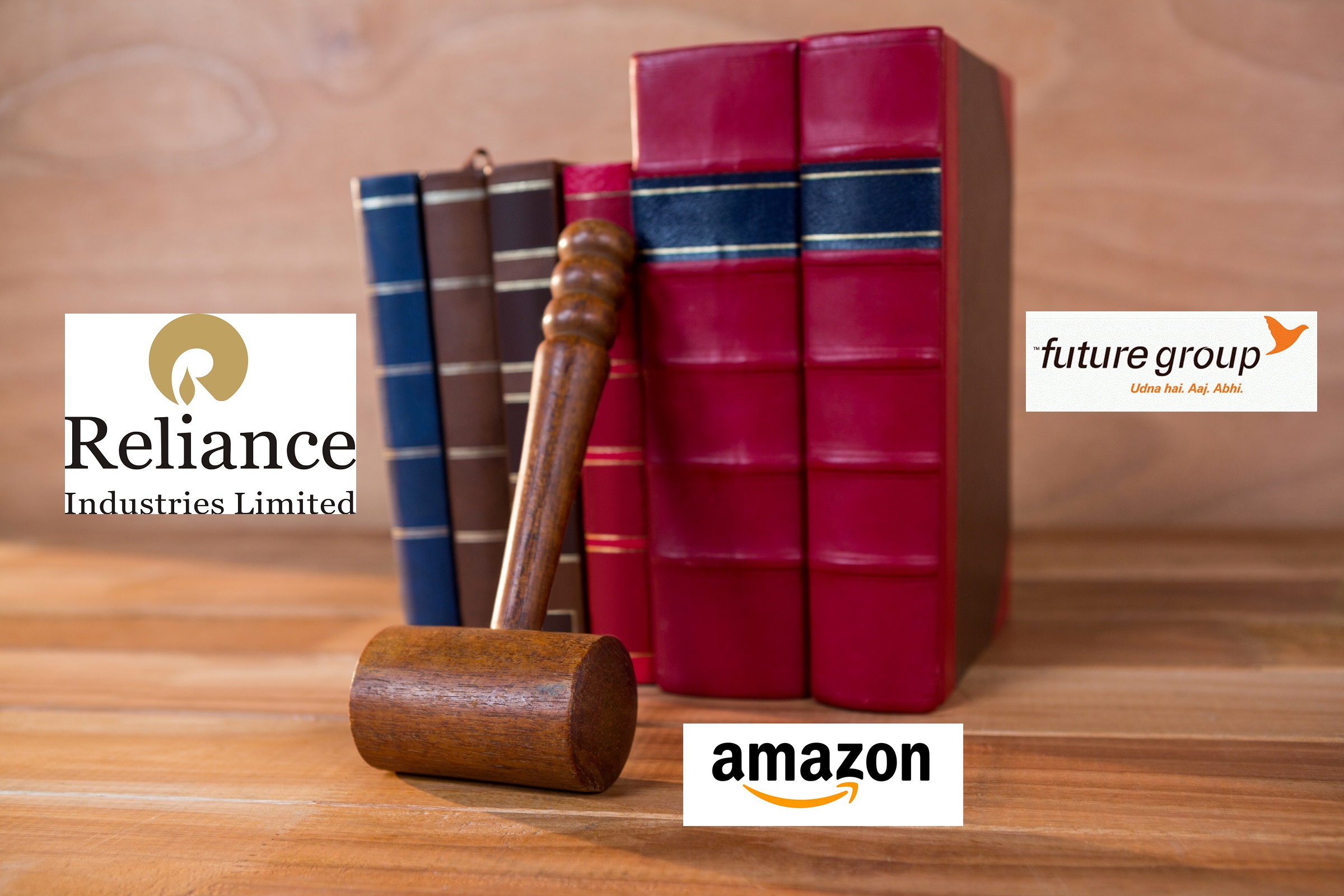The chief executive officer of Asia’s largest vaccine maker said he will consider selling a stake to private equity investors as he hunts for acquisitions in preparation for a bout of consolidation to hit the industry over the next few years.
Closely held vaccine maker Serum Institute of India Pvt. Ltd. has the ability to raise as much as $3 billion through a combination of debt and equity, Chief Executive Officer Adar Poonawalla said in an interview. He declined to say which companies he expects to come up for sale but added in an e-mail that no other vaccine firm in the developing world would be worth more than $1 billion. He doesn’t foresee having to spend more than that for an acquisition while leaving open the possibility of doing more than one deal.
The company scrapped plans to sell a 5 to 10 percent stake to private equity investors last year at a $12 billion valuation partly because the acquisitions the funds were needed for were taken off the market, Poonawalla said. As low vaccine prices from a flood of new entrants continue taking their toll he expects more opportunities next year, and would be willing to sell a larger stake in his firm along with debt to take advantage, he said.

“I do see vaccine companies coming up on the block whether it could be in India or it could be abroad,” Poonawalla said. “This is the lull before the storm. You are going to see either acquisitions or mergers.”
Selling a stake in closely-held Serum to private equity would likely mean a share sale on the public markets five to six years after, he said.
Serum was founded by Poonawalla’s billionaire father, Cyrus, who is chairman and India’s seventh-richest man with a fortune of $9.7 billion, according to the Bloomberg Billionaire’s index. Serum estimates that about 65 percent of children worldwide receive at least one vaccine manufactured by the company. It made its first international acquisition in 2012, acquiring Bilthoven Biologicals, a bioengineering and pharmaceutical company, from the Netherlands government in an 80 million euro ($90 million) transaction.
Smaller companies with fewer products and less financial flexibility will become forced sellers as too many players and depressed vaccine prices cause an industry shakeout, Poonawalla said in the interview.
“You’re going to see very soon companies walking out of the business because of the competition, or being acquired, or being merged,” he said. “These other smaller vaccine companies, which are basically one or two product vaccine companies, they’re not going to be able to sustain.”
Recent Articles on M&A
Source: Bloomberg.com




